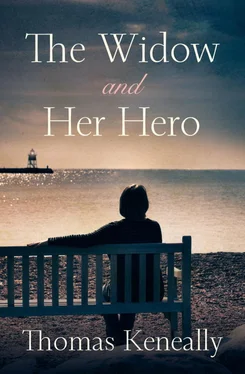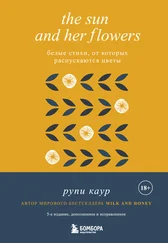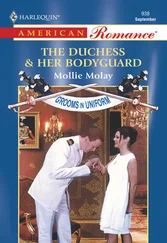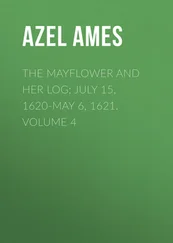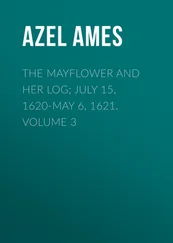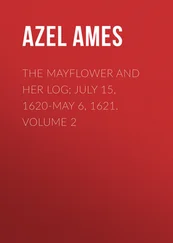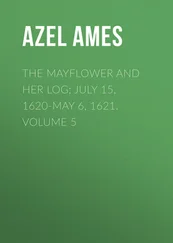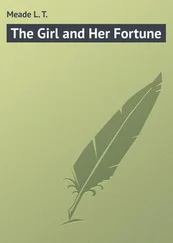In Melbourne, as well as conferring, he did some course on explosives, how to attach them to ships and planes.
When the course finished, he organised a Sydney leave and caught a train to Goulburn and a car to Braidwood to seek my father’s permission to ask me to become his fiancée. I was summoned home from Canberra. On an afternoon walk through the quiet streets, amongst gargling magpies and fluting currawongs, with light slanting through the wayward colonnades of trees, he asked me the huge question. We kissed. As it got suddenly darker he touched my breast and then apologised, making it impossible for me to say, Go on please. And then we went back to my parents’ place, announced the expected news, and slept feverishly in our separate rooms.
On our afternoon walk he had told me that he would be gone for a time, and that out of fairness to me, we should not marry until he was back. At this stage I knew nothing of bunches of initials like SOE or IRD, I had not heard of Boss Doucette. The lack of specifics made it seem all the more grand in scale. Of course he told me he was confident he would be coming back. We would marry then, he suggested. Was that all right?
Here was the lure of delayed fulfilment – men and women both like to play that game even now. An immense anticipatory excitement grew, calculated to fill banal days with consecrated light and profane heat. The idea that a man must go on a quest to earn the company and solace of his woman is ancient, is literally Homeric, and is a handy one for nations who are organising their young for war and bloodshed.
First Leo nominated June of 1943 as a possible wedding date. By then he believed he would have been into the Minotaur’s cave and slain the beast and been rendered fully a man. But by April he wrote to me announcing that all timetables had been changed and he hoped to see me next by October. He said he knew that that was a long time, and though his affections and intentions were fixed, he felt he should offer me the chance of freedom. A beautiful girl like me must have many suitors, he acknowledged. Of course, I wrote back. I told him of my willingness to wait. Indeed, I’d had a nasty experience that Easter, when one of the senior men at the ministry, flushed and alcoholic, had asked me to sleep with him. He was nearly my father’s age, and that made me feel sluttish and frightened and ugly and even took my mind in directions I did not want it to go. It was, that is, what my granddaughter would call creepy . It rendered the prospect of waiting for Leo and his unspecified heroic business to be attended to all the more attractive.
By letter from Leo, and other means post-war, I got a picture of the training he was engaged in during those months. Cairns in Queensland was one of the ports from which our troops and the Americans in New Guinea were supplied. It had also a hillside training camp for the officers and men of the Independent Reconnaissance Department, of which Leo was a member. There Leo met and worked with Free Frenchmen and British and Australian and Dutch, all pursuing plans to infiltrate various sectors of the new Japanese empire.
Their chief trainer was a tall English sailor named Rufus Mortmain, with whose wife, the writer Dotty Mortmain, I would become friends. The men trained in the thick rain forest of the Atherton Tableland west of town. Trucked down to the coast Leo and others, faces blackened, spent nights in the sort of collapsible canoes they called folboats, navigating from Palm Cove to False Cape or out to the coral reef and back. Leo’s usual companion was a tidily built young Russian Jew who could speak Mandarin and Shanghai-nese and whose family had come to Australia via Harbin in Manchuria and Shanghai. His name was Jockey Rubinsky, and he was a leading seaman in the Australian navy. His languages might be useful in operations around the Equator.
The task of the folboat crews at night was to flit across the sea without being spotted from shore, and indeed they never were. The searchlight battery at False Cape, placed to pick up an enemy entering through the heads of Cairns harbour, became a special training tool for Charlie Doucette’s men – if caught by a light, Leo and Jockey would instantaneously paddle the folboat stern onto the glare, and then they would freeze. It always worked. In those warm waters between the coast and the Great Barrier Reef they built up their invisibility and so their immunity.
On land, by day and night they hiked and stalked through the bush barefooted, sometimes naked to avoid giving themselves away by fabric noise, or perhaps wearing a soft cloth thong around their nether parts. Their faces were black with Commando grease designed for infiltrators by Helena Rubinstein. They crept into a coastal artillery battery barefooted, making no sound, and stood within inches of sentries whom, in their imaginations, they despatched with their knives. Then they withdrew without being seen.
If in exercises they had to land on the sandstone jumble below headlands, they wore no footwear except woollen socks to enable them to creep over barnacles and oyster shells. With only starlight to guide them, nineteen-year-old sailors from Australian country towns learned to assemble an Owen or Sten gun in ridiculously short times and without anyone twenty yards away hearing them. And Charlie Doucette himself, the magnetic Anglo-Irishman, loved exercises of this kind, the way only an irregular regular soldier could.
Not to cast any doubt on their skill or athleticism, it was nonetheless true that this style of life suited some men. There are always men who are happiest with other men, dreaming of women as a remote mountaintop above the plain in which their Spartan camp lay. I didn’t understand this, but Dotty Mortmain, wife of the trainer, the naval lieutenant Rufus Mortmain, believed this and would pass the certainty on to me. This hiking-running-tumbling-paddling-infiltrating caste might have been happier and more certain with yearning than fulfilment, since fulfilment was demanding in a complicated way. And as I said, yearning suited the times.
In any case, most of them were babies, and I too a bush infant.
And of course, the young Australians and occasional British, Dutch and French, training in the rain forest to turn darkness into a gift, learning how to breathe and move invisibly, were not aware of the great struggle of ideology and imperialism raging between American general Douglas MacArthur’s headquarters, and the British and Australians.
We’ll get to that. I became educated. Widowhood was my education.
One day, during his training, Leo found himself paired for a race in a folboat, not with Jockey Rubinsky, who had a tooth abscess, but with an Irishman, an exile from Singapore, Major Charles August Doucette. Doucette was a compact, muscular, gleaming man. He had been an intelligence officer in Singapore before its inglorious fall, and a rare valiant figure from that fiasco. Leo had been until now assigned to a different proposed raid than the one Charlie Doucette was slated to lead, but he knew something of the mythology and rumours surrounding Doucette. He was a Dubliner of French Huguenot descent. His people had been architects and soldiers who acquired land cheaply in the west of Ireland in the nineteenth century from the over-mortgaged Anglo-Irish nobility.
Doucette was a regular soldier of the kind who was attached to an ancestral regiment. The Doucettes’ regiment was the Royal Ulster Fusiliers, which had been the Royal Dublin Fusiliers until the Irish Free State was established, and had then moved north to garrison Northern Ireland. He was quite jolly about telling me this one evening at some eventual party in Melbourne, and letting me know that ancestors of his had helped the Crown put down a rebellion in Ireland in the late 1700s.
Читать дальше
